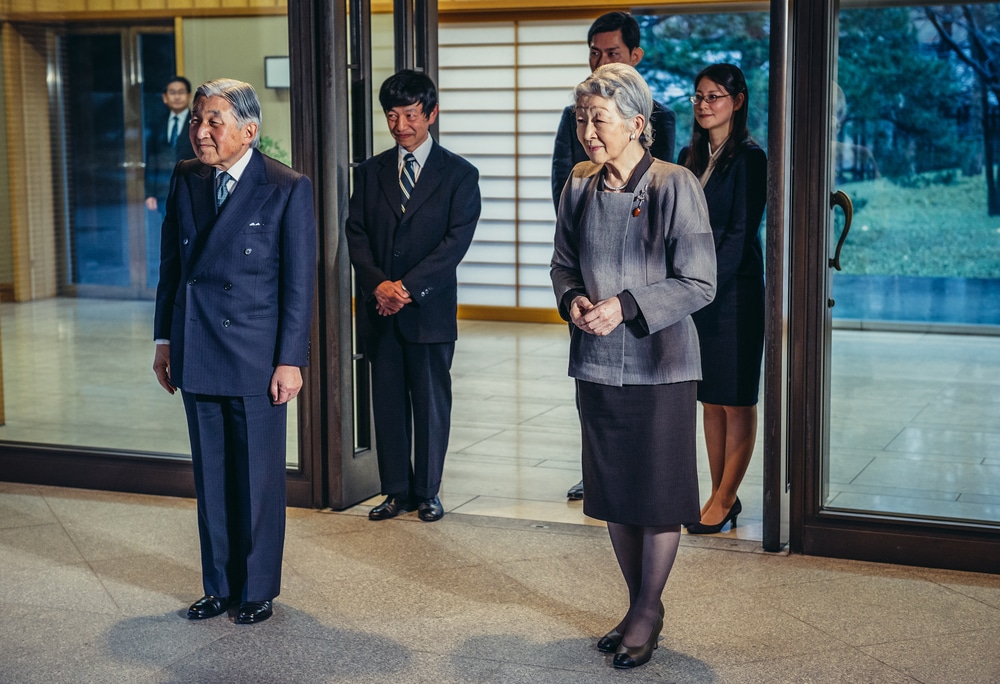Japanese historical resignation revealed by Emperor Akihito

Fotokon / Shutterstock.com
In the Imperial Palace, the ceremony has started with private rituals.
In this ceremony, happened in Tokyo, Emperor of Japan Akihito has announced his abdication.
Akihito has 30-year reign as an emperor. He appreciated the public for supporting him throughout his career and handed over his authority in his last address.
He is 85 years old. In 2003, he had prostate surgery and a heart bypass operation in 2012. His declining health is not giving him encouragement to complete the goals that he decided. That is why he was given permission to resign.
In 2016, he said in his speech that he is worried his age would make it difficult for him to bring out his commitments and firmly suggested that he needed to stand down.
It’s the first time in 200 years that Japanese monarch is standing down but overall Akihito will remain the emperor until his death. The emperor will serve as a national figurehead when he has no political authority.
On this Wednesday, the Crown Prince Naruhito, eldest son of the emperor will ascend the throne.
A new time-period, Reiwa will start in Japan’s history. Reiwa means that order and harmony.
Akihito has attached to a lot of Japanese people, especially for those who were suffering from diseases and disasters.
The ceremony of the Abdication happened in front of Prime Minister Shinzo Abe, Crown Prince Naruhito, Crown Princess Masako and 300 people.
Sacred sword and a jewel are symbols of the imperial family.
Akihito is wearing a Western-style morning coat in the ceremony.
Emperor Akihito said that he wished Japan and world harmony and success.
Also, he said that the Reiwa era which starts tomorrow will be firm and productive. More he added that he really wishes, together with the Empress, that the Reiwa time which starts tomorrow will be a stable and fruitful one, I pray, with all my heart, for peace and delight for all the people in Japan and throughout the world.
People of Japan are showing sympathy towards their emperor and parliament passed a law that made his resignation possible after one year.








